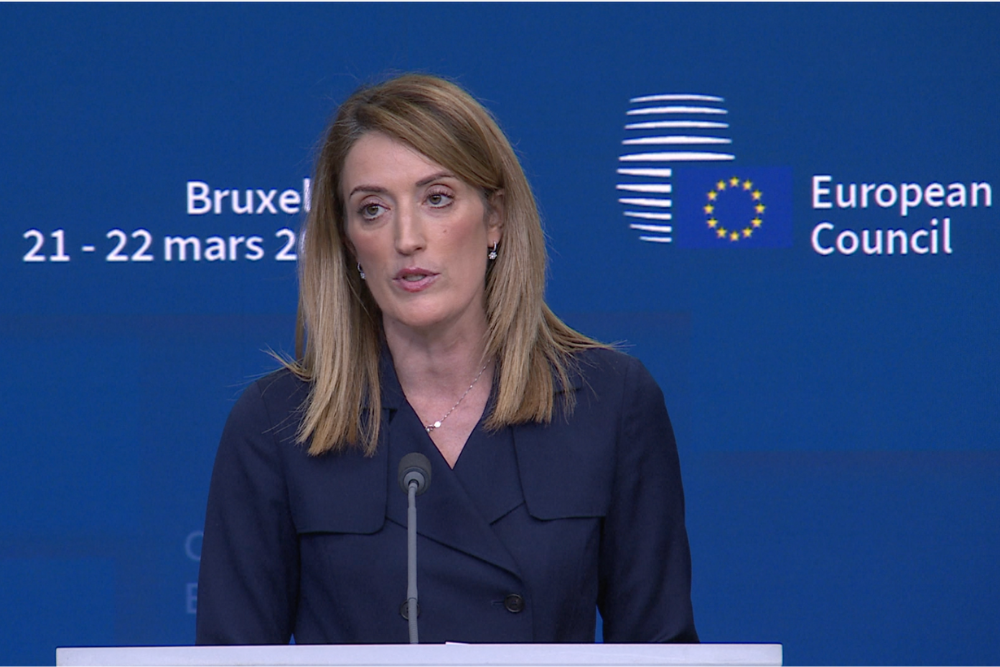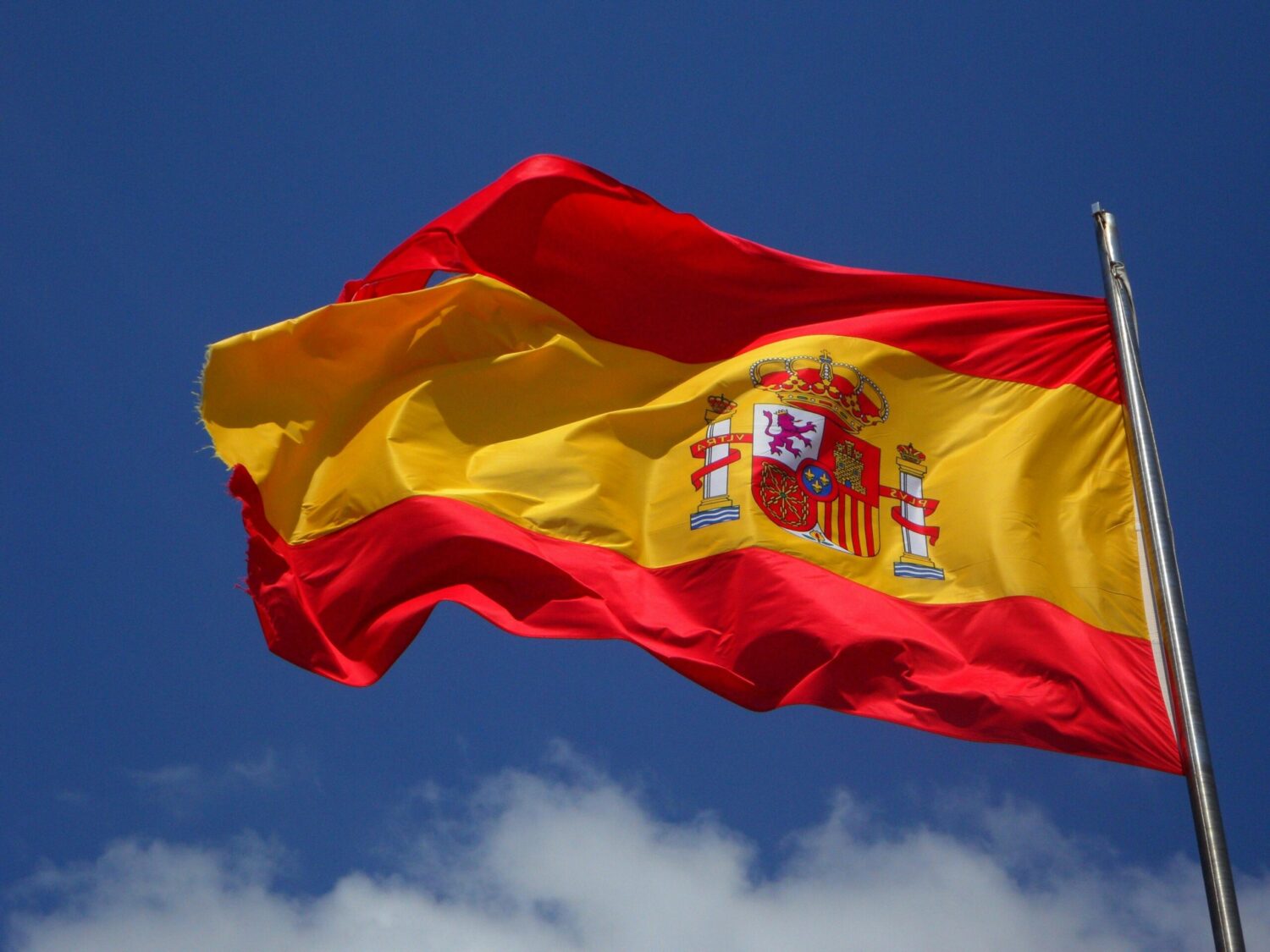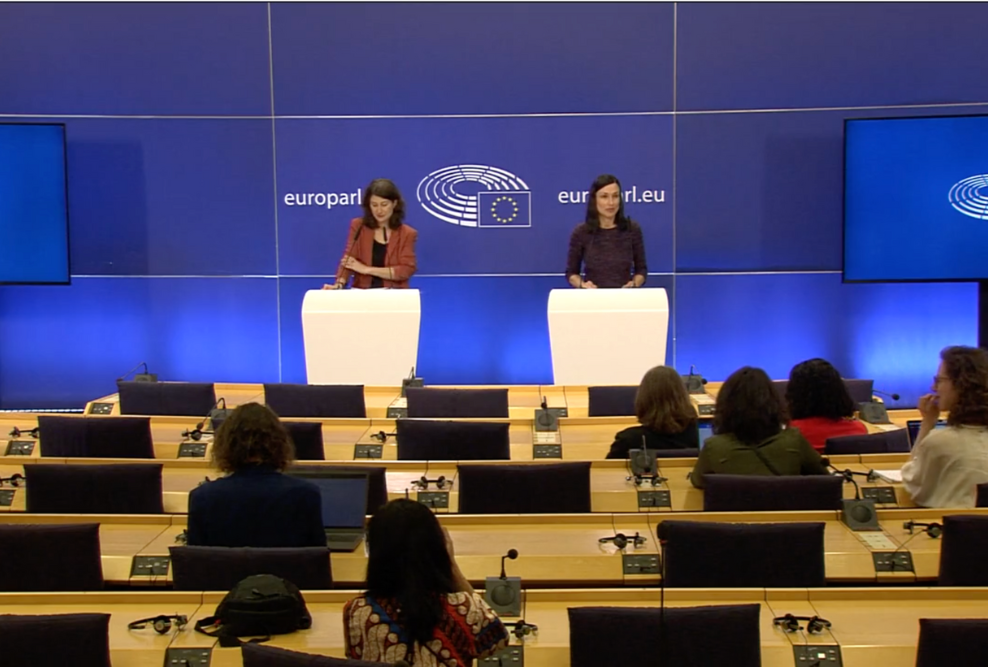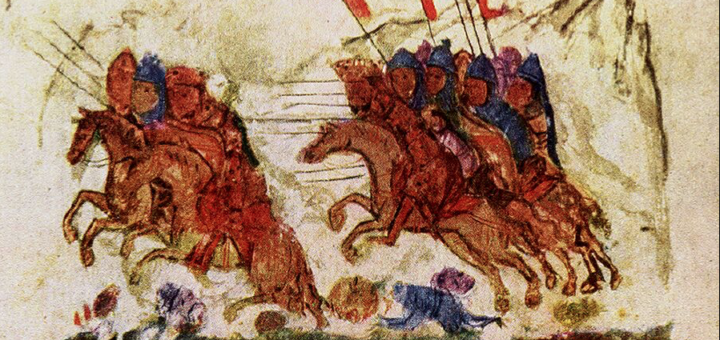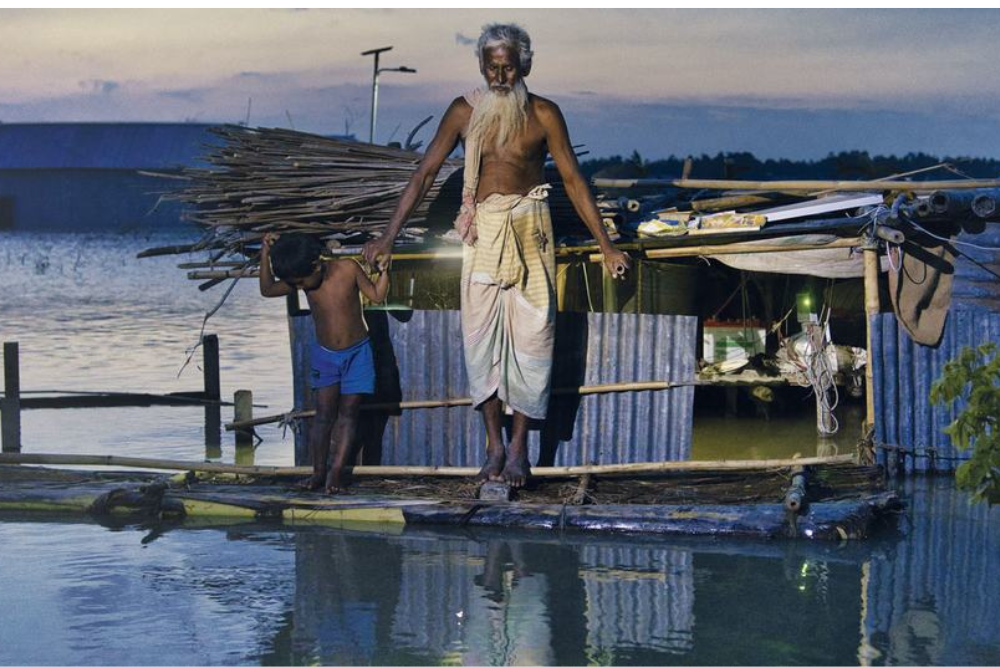Delivering on our priorities is the best tool to push against disinformation, said EP President Roberta Metsola at European Council
Addressing the Heads of State or Government at the March European Council in Brussels today, European Parliament President Roberta Metsola highlighted the following topics:
European Parliament elections:
“We are meeting today 77 days from the start of the European Parliament elections. We know how much we need to work together to get out the vote.
In this legislature, we have put Europe’s stamp on global geopolitics and we have defended our European way in an ever-changing world. We have become stronger because of the challenges we faced and not despite them. We have held the constructive European majority together and we must do that again.
Europe is delivering for our people, but we have to be able to get that message across every Member State. Together with MEPs, I have visited many countries to convince our people, especially our young people, to go out and vote.”
Disinformation:
“We know how far other actors will go to try to disrupt our democratic processes. We are seeing attempts in many States to push disinformation, misinformation and propaganda which come from actors hostile to the European project. It is a threat that we must be ready for.
We can make use of both legislative and non-legislative tools – particularly through how we tackle social media. Legislatively, we have the Digital Markets Act, Digital Services Act, the AI Act, political advertising and Media Freedom – but we must also be ready to engage better online.
We cannot allow this destructive narrative, propaganda and disinformation to spread without countering it. We have to be ready to engage with the platforms.
This election will be a test of our systems and makes our job of getting the message across even more essential.”
Addressing the citizens:
“My appeal here is to resist the temptation in a difficult campaign to blame Brussels for all that is wrong and give no credit where it is due.
We need to be open and honest about our successes – but also where we could have done better. Where we did not match the expectations of our people. Where people still feel left behind. Where our bureaucracy has pushed people away.
Our industry must be part of the equation. Our farmers have to be a part of the equation. Our young people must be part of the equation. People must have confidence in the process, they must have access to tools that allow them to make the shift and they must be able to afford it. Otherwise, it will not succeed.
The European Union is not perfect, but it is the best guarantee for all of our people. So where we need to fix – let us do so. But let us keep building rather than allow easy cynicism to destroy.
We can hand back a Europe that is stronger, that listens to its citizens, that works better, that is more efficient and effective. That – as Jean Claude Juncker famously put it – is big on the big things and small on the small things.”
Russia’s threat and support to Ukraine:
“There is nothing bigger than the threat posed to peace by Russia. We must continue to do everything within our power to help Ukraine to continue to defend itself.
We have already provided strong political, diplomatic, humanitarian, economic and military support to Ukraine, and here the European Parliament welcomes the adoption of the 13th package of sanctions, and the Ukraine Assistance Fund under the European Peace Facility.
In this critical moment, our support of Ukraine cannot waver. We need to speed-up and intensify the delivery of equipment that they need to sustain its defence.
We also have to help Ukraine by prolonging the Autonomous Trade Measures.”
European security:
“Our project of peace depends on our ability to be secure and autonomous. If we are serious about protecting our collective security we also need to take action on building a new EU security framework.
In shaping this new architecture, we have already found agreement on several issues that many thought impossible. Now we must be ready for the next step of cooperation between us all. In this new world, going alone will not work.”
Enlargement:
“Enlargement remains a priority. For Ukraine, for Moldova, for Georgia and for Bosnia and Herzegovina. For us all.
They all need to follow their own path and fulfil all the criteria required – but – with Ukraine in particular – their progress in meeting the milestones has been impressive.
In the last twelve months, Moldova and Bosnia and Herzegovina have also made remarkable progress in reforms. It is time to make good on our word. It is time to open EU accession negotiations with them and send a clear signal to people in the Western Balkans.
In this new geostrategic environment, an enlarged EU that is based on clear objectives, criteria and merit, will always serve as our best investment in peace, security, stability and prosperity.”
EU reform:
“We cannot lose sight of the fact that an enlarged EU will require change. Adaptation. Reform. The Parliament has made several proposals to this effect including those on the European Parliament’s right of inquiry, which has seen little movement over the past 12 years, and the triggering of the process for a European Convention.”
Economy:
“Enlargement will also help boost European competitiveness and improve the functioning of our single market. This must be a priority for the next legislature. That is how we grow our economies sustainably. How we pay our debts. How we create jobs and attract investment. How we ensure that growth works for everyone. It is with a strong economy that we can bring prosperity, security and stability. How we can reinforce Europe’s place in the world.”
Middle-East:
“A strong Europe has a role to play in the shifting sands of the world order – not least in the Middle East.
The humanitarian situation in Gaza is desperate. We need to use all the tools at our disposal to get more aid in. I welcome the Amalthea Initiative and would like to especially thank Cyprus for your leadership. Nonetheless, land distribution of aid remains the best avenue to deliver the volumes needed.
That is why the European Parliament will keep pushing for a ceasefire. Why we will keep demanding the return of the remaining hostages and why we underline that Hamas can no longer operate with impunity.
This is why we ask for clear conclusions on this today that will give direction going forward.
That is how we get more aid into Gaza, how we save innocent lives and how we push forward the urgent need for a two-state solution that gives real perspective to Palestinians and security to Israel.
A peace that empowers peaceful, legitimate, Palestinian leadership and that ensures lasting stability in the region.”
Situation in the Red Sea:
“This also concerns the situation in the Red Sea. I welcome the EUNAVFOR Aspides which will help protect this highly strategic maritime corridor. But there is more that we can do.
Across the Euro-Mediterranean, businesses are hugely impacted by delays, problems with warehousing and financial implications. We should consider an EU-led taskforce to assess how we can act together to mitigate the socio-economic consequences. There is a role for Europe to play here too.”
Conclusion:
“Let me assure you that the European Parliament will keep working until the last moment to deliver on the remaining legislative files, including on a new migration package.
Ultimately delivering on our priorities is our best tool to push back against disinformation and where citizens can see the difference that Europe makes.”
You can read the full speech here



